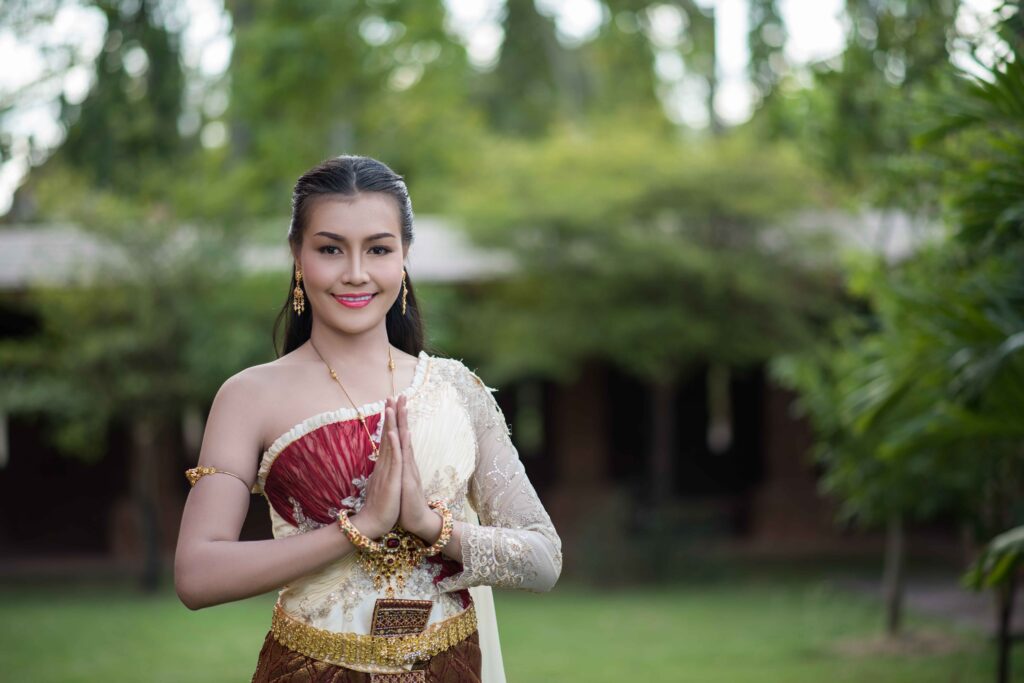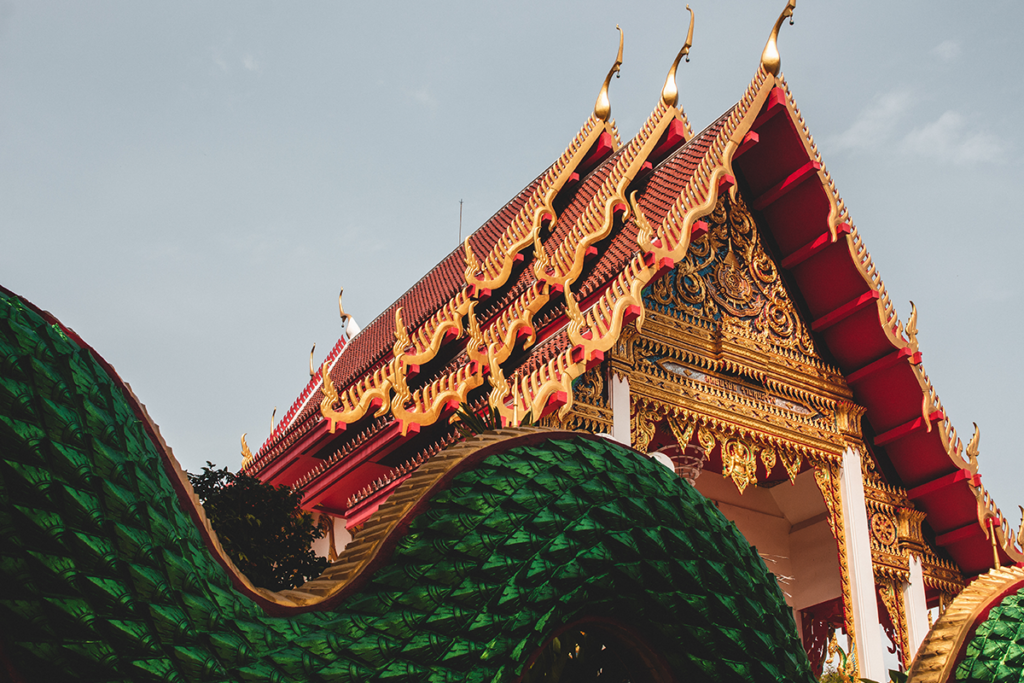Respectful Travel: Understanding Thai Culture Before You Arrive
Thailand, known as the “Land of Smiles,” is a popular tourist destination renowned for its stunning beaches, delicious cuisine, and warm hospitality. However, to fully appreciate and respect the local culture, it’s crucial for travelers to familiarize themselves with Thai customs and etiquette before embarking on their journey. By taking the time to understand the nuances of Thai culture, visitors can ensure a more meaningful and respectful travel experience.
The Importance of Respect in Thai Culture

“In Thailand, respect is a fundamental aspect of social interaction, and it permeates every facet of daily life.” – Thai cultural expert, Somchai Pongpanit
One of the most important concepts to grasp when visiting Thailand is the notion of respect. Thai people place a high value on showing respect to others, particularly elders, teachers, and those in positions of authority. This respect is often demonstrated through the traditional Thai greeting known as the “wai,” which involves pressing one’s palms together in front of the chest and bowing slightly.
Key Customs and Etiquette to Remember
When traveling in Thailand, keep these essential customs and etiquette tips in mind:
- Remove your shoes before entering temples, homes, and some businesses
- Dress modestly when visiting temples and other sacred sites
- Avoid touching or pointing your feet at people or sacred objects
- Refrain from public displays of affection
- Be patient and maintain a calm demeanor, as raising your voice or showing anger is considered disrespectful

Navigating the Thai Monarchy and Religion
Thailand is a constitutional monarchy, and the Thai people have a deep reverence for their royal family. It is illegal to speak ill of the monarchy, and visitors should avoid discussing the royal family in public. Additionally, Thai people are predominantly Buddhist, and Buddhism plays a significant role in daily life. Travelers should be mindful of religious customs and treat sacred sites and objects with the utmost respect.
The Role of Food in Thai Culture
Food is an integral part of Thai culture, and sharing meals is a way to build relationships and show hospitality. When dining with locals, be prepared to share dishes family-style and use a spoon and fork instead of chopsticks. It’s also polite to wait for the most senior person at the table to begin eating before starting your meal.
Embracing the Thai Concept of “Sanuk”
“Sanuk is the Thai word for fun, but it encompasses so much more than just enjoyment. It’s about finding joy and pleasure in every aspect of life, no matter how small.” – Thai cultural expert, Priya Sriprasert
Thai people value the concept of “sanuk,” which loosely translates to “fun” or “enjoyment.” Embracing this idea can help travelers connect with locals and fully immerse themselves in Thai culture. Engage in lighthearted conversations, participate in local activities, and approach new experiences with a sense of openness and curiosity.
Conclusion
By taking the time to understand and respect Thai culture, travelers can forge meaningful connections with locals and create lasting memories. Remember to approach your interactions with an open mind, a willingness to learn, and a genuine appreciation for the unique customs and traditions that make Thailand such a captivating destination. With a little effort and cultural sensitivity, your journey to Thailand will be an enriching and unforgettable experience.

